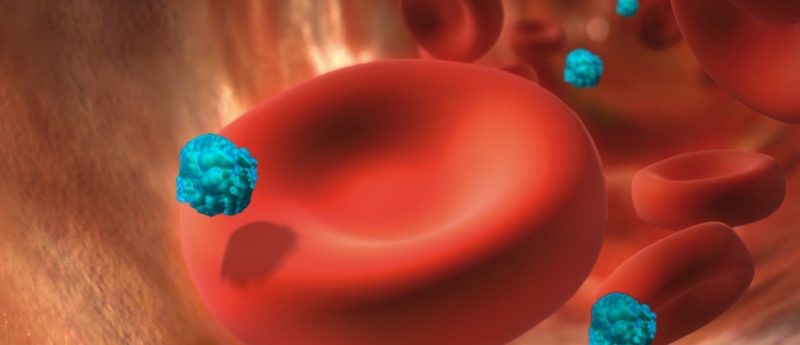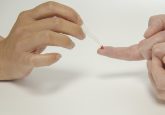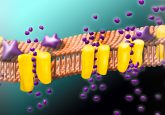Could a blood test use nanotechnology to predict prostate cancer?

A team from the University of Alberta (AB, Canada) have created a new diagnostic test called the Extracellular Vesicle Fingerprint Predictive Score (EV-FPS). The findings, presented at the International Society for Extracellular Vesicles (ISEV; 18–21 May, Toronto, Canada), described how the test combines information from millions of cancer cell nanoparticles in the blood to identify a specific fingerprint of prostate cancer.
The EV-FPS test, trialed on 377 men with suspected prostate cancer, was demonstrated to be 40% more accurate in identifying aggressive prostate cancer than current tests; including, the prostate-specific antigen blood test and digital rectal exam.
John Lewis, Chair of Prostate Cancer Research at the University of Alberta, commented: “Higher sensitivity means that our test will miss fewer aggressive cancers. For this kind of test you want the sensitivity to be as high as possible because you don’t want to miss a single cancer that should be treated.”
Researchers believe that current tests lead to unneeded biopsies, with more than 50% of men who do not have prostate cancer undergoing the pain and side effects of a biopsy. The team suggested that less than 20% of men who undergo biopsy are then diagnosed with aggressive prostate cancer.
“Compared to elevated total prostate-specific antigen alone, the EV-FPS test can more accurately predict the result of prostate biopsy in previously unscreened men. This information can be used by clinicians to determine which men should be advised to undergo immediate prostate biopsy and which men should be advised to defer biopsy and continue prostate cancer screening,” stated Adrian Fairey, urologist at the Northern Alberta Urology Center (AB, Canada).
The team estimate that up to 600,000 unnecessary biopsies and 50% of unnecessary treatments for prostate cancer could be eliminated each year in North America alone. The EV-FPS test could also lead to cost savings and improved quality of life for men and their families. Through the university company, Nanostics Inc., the team hope to bring the EV-FPS test to market.
Sources: International Society for Extracellular Vesicles (ISEV) (Toronto, Canada, 18–21 May 2017); www.eurekalert.org/pub_releases/2017-06/uoaf-nbt060917.php






